Therefore, on November 27, 2023, the National Assembly officially passed the Law on Identification, which stipulates the issuance of Identity Cards to people of Vietnamese origin living in Vietnam but whose nationality has not been determined, in order to ensure civil rights and human rights while opening new doors for this group of people.
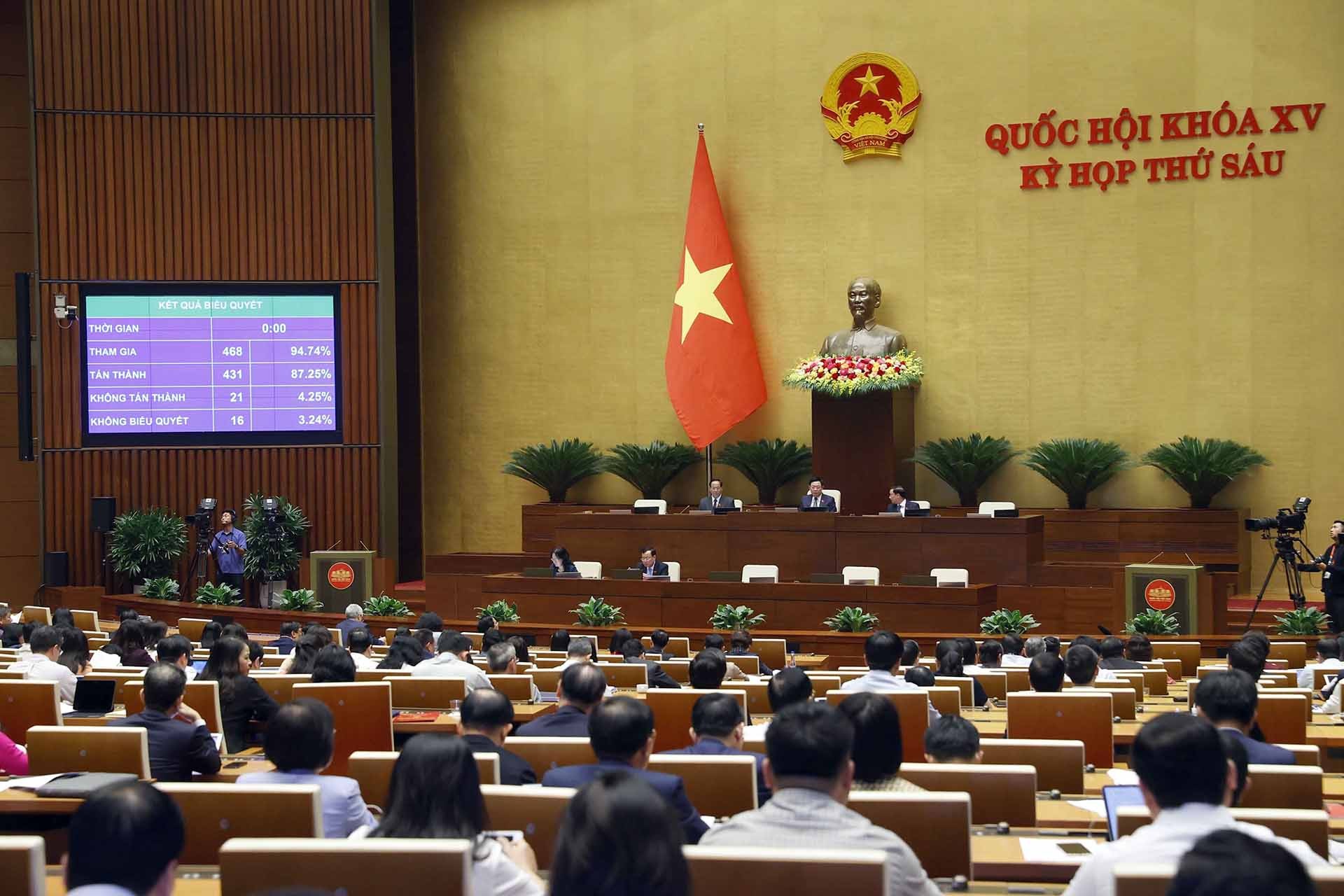 |
| At the 6th Session of the 15th National Assembly on November 27, 2023, the National Assembly voted to pass the Law on Identification. (Source: VNA) |
Stateless Vietnamese in Vietnam
The Vietnamese people living in Vietnam is a historical issue that has existed for a long time due to various reasons, including migration, war, and loss of identity papers. Most of them are disadvantaged people, living in very difficult conditions, without jobs, without homes, with low education levels, and without any documents to identify their identity or nationality.
According to statistics from the Ministry of Public Security , our country currently has about 31,117 people of Vietnamese origin whose nationality is unidentified. Of which, mixed-race children between Vietnamese citizens and foreigners whose nationality is unidentified are concentrated in the provinces of Gia Lai, Bac Lieu, Vinh Long... with 775 cases; people whose nationality is unidentified and have not registered their residence are concentrated in Ho Chi Minh City, Lam Dong, Dong Thap, Binh Duong, Dong Nai... with 10,650 cases; people without identification papers are concentrated in Ho Chi Minh City, Lam Dong, Dong Thap, Dong Nai, Binh Duong... with 16,161 cases.
Not having citizenship causes Vietnamese people living in Vietnam to face many obstacles in life, when carrying out administrative procedures, performing civil transactions; especially when exercising economic, political , cultural and social rights.
Due to the lack of identity documents, their employment opportunities are low, they often work in freelance jobs, are not protected by labor, and even do jobs that are not permitted by law; they are not allowed to exercise their civil rights such as: voting, participating in supervision, social criticism, building Party and State agencies; their and their children's opportunities to study are very low; it is difficult to access medical services and health insurance policies for health care; they are not supported with preferential credit for vulnerable groups; they can even easily become victims of crimes, including human trafficking...
Vietnamese people of unknown nationality have no legal place to live, have to live with others; live in boats or temporary houses; a few have money to buy land but cannot complete the procedures to change the name, only use handwritten papers, and are not granted land use right certificates to build houses.
Therefore, they are not stable in their residence, often moving from one locality to another, causing difficulties for local authorities in population management. Not only that, when they get married and live as husband and wife, their marriage is not recognized by law; children born therefore do not have birth certificates and do not have nationality. The worrying thing is that they are easily isolated and have difficulty integrating into the community.
In Long An province, there are currently more than 1,800 cases of Vietnamese people who have freely migrated from Cambodia to live; they do not have any identity documents, the only proof that they are Vietnamese is through their accent and living habits; adults cannot find jobs at companies, children do not have birth certificates, even born without any documents, and are not qualified to go to school.
Issuing identity documents to Vietnamese people whose nationality has not been determined is extremely important and necessary. Otherwise, the cycle of statelessness will continue to be “inherited” from generation to generation.
The lack of any identification documents makes social management difficult because they are not Vietnamese citizens, so the application of legal regulations will be limited. They are not allowed to collect information, data and manage, leading to state agencies having no basis to look up, verify, especially biometric information on fingerprints, portraits when there are illegal activities, so the work of ensuring security, order, social safety and protecting this group of people from violations.
In addition, Vietnamese laws (the 2014 Citizen Identification Law, the Nationality Law, the Law on Entry, Exit, Transit, and Residence of Foreigners in Vietnam, etc.) do not regulate or provide for this group of people, leading to a gap in state management of population as well as the implementation of social security policies, ensuring limited rights, affecting the work of planning policies for local socio-economic development.
Leave no one behind
People of Vietnamese origin are also an inseparable part of the nation and need to be recognized by the State and society. The Law on Identity Card, consisting of 7 chapters and 46 articles, effective from July 1, 2024, is an important step forward in protecting human rights; has profound humanitarian significance; creates an important legal corridor to leave no one behind, ensuring that people living in Vietnam have conditions for comprehensive development and enjoy human rights values.
Firstly, people of Vietnamese origin without nationality and their legal identification documents are first regulated by law. Clause 17, Article 3 defines: “People of Vietnamese origin whose nationality has not been determined are those who once had Vietnamese nationality or whose paternal or maternal grandparents, biological father or mother were Vietnamese citizens or who once had Vietnamese nationality but whose nationality has not been determined”. “Identification certificate is an identification document containing information about the identity of people of Vietnamese origin whose nationality has not been determined, issued by the identification management agency in accordance with the provisions of this Law”.
Thus, the Identity Card is valuable as proof of identity for conducting transactions in Vietnam. Thereby, establishing status, creating conditions for stateless Vietnamese people living in Vietnam to participate in society and develop comprehensively.
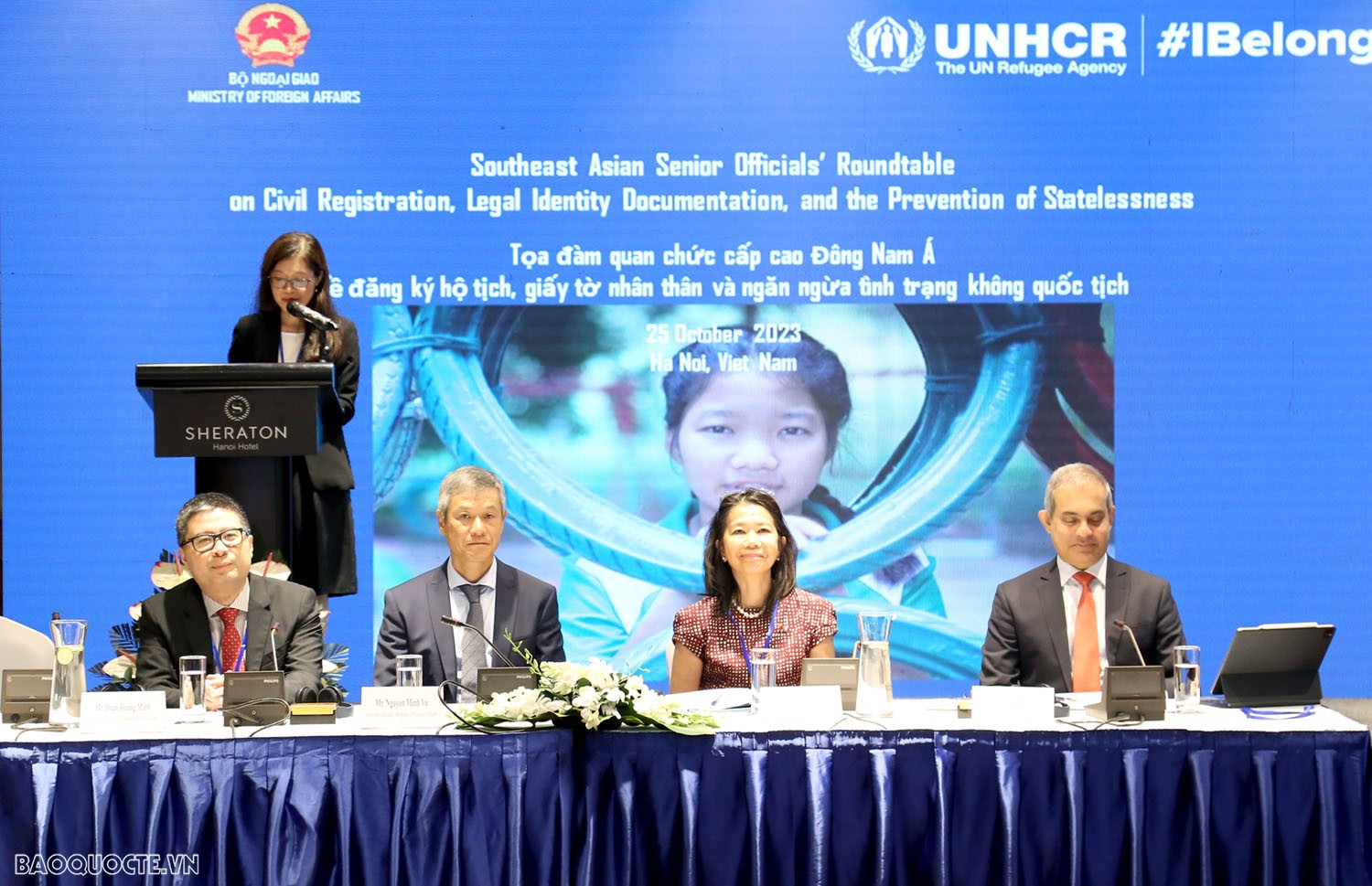 |
| The Ministry of Foreign Affairs and the United Nations High Commissioner for Refugees (UNHCR) co-organized the “Southeast Asia Senior Officials’ Seminar on Civil Registration, Identity Documents and Prevention of Statelessness” on October 25, 2023 in Hanoi. (Photo: Quang Hoa) |
Second, the State protects the legitimate rights and interests of those who are granted Identity Cards. For the first time, stateless Vietnamese people have their citizenship rights recognized by law. Through this, they are able to exercise their citizenship rights in certain aspects that were previously unprecedented.
The promulgation and effective implementation of the Law on Identification continues to affirm the good nature of the socialist rule of law state of the people, by the people, for the people, leaving no one behind. This legal provision is consistent with the Constitution and international treaties to which Vietnam is a member, thereby demonstrating the efforts of the Vietnamese State in implementing international commitments on human rights.
Third, ensuring civil rights and human rights. Stateless Vietnamese people can use their Identity Cards to exercise their legal rights and interests like citizens of the country in transactions, public services, social security services, job search, benefits, social assistance, ensuring health care rights, education rights, economic rights, security, safety and participation in state policies. With their Identity Cards, they can carry out other administrative procedures.
Fourth, ensuring rights to personal information. Vietnamese people whose nationality has not been determined have the right to have their personal data protected in the National Population Database and the Identity Database in accordance with the provisions of law; request the identity management agency to update or correct information when information in the National Population Database, Identity Database or Identity Certificate is not available, is inaccurate or has changed in accordance with the provisions of law; be granted an identification number for Vietnamese people whose nationality has not been determined; be granted, changed or re-granted an Identity Certificate in accordance with the provisions of this Law; exploit their information in the National Population Database and Identity Database; make complaints, denunciations and initiate lawsuits in accordance with the provisions of law against violations of the law on identity, the National Population Database and Identity Database.
| Major General Vu Xuan Hung, Standing Member of the National Defense and Security Committee, said that through a survey in five western provinces, there are about 25,000 people in this category whose backgrounds have not been determined and who do not have identification papers; "The survey team went to their places of residence and realized that their lives were nothing. All of them have no houses, no land, no papers, no jobs and cannot participate in the most minimal benefits of society." |
Fifth , creating a basis for a radical solution to the problem of statelessness due to historical factors, war, and migration that has persisted for a long time; an important legal basis for increasingly strict and effective management and resolution of shortcomings in state management of population; a basis for local Party committees and authorities to effectively implement the work of planning socio-economic development policies, ensuring security, order, social safety, and strengthening national defense.
Sixth, promote the responsibility of agencies, organizations and individuals towards the Identity Card. Accordingly, agencies, organizations and individuals use the personal identification number on the Identity Card to check information in the National Population Database and specialized databases according to the provisions of law.
When a person of Vietnamese origin whose nationality is not yet determined presents an Identity Card, the competent authority, organization or individual shall not request that he/she present documents or provide information that has been certified in the Identity Card; except in cases where the information has been changed, corrected or the information in the Identity Card is inconsistent with the information in the National Population Database.
This promotes the role and increases the responsibility of agencies, cadres, civil servants, public employees, organizations and individuals related to people of Vietnamese origin whose nationality has not been determined; preventing situations of profiteering, harassment and causing trouble to the people.
Clause 2, Article 5 stipulates: People of Vietnamese origin whose nationality has not been determined have the following rights:a) Personal data in the National Population Database and the Identity Database are protected according to the provisions of law; b) Request the identification management agency to update and correct information when information in the National Population Database, Identification Database or identification certificate is not available, is incorrect or has changed according to the provisions of law; c) Be granted an identification number for people of Vietnamese origin whose nationality is undetermined; be granted, changed, or re-granted an identity card according to the provisions of this Law; d) Use your identity card in transactions and to exercise your legal rights and interests; d) Exploiting one's information in the National Population Database and the Identity Database; e) Complain, denounce, and file lawsuits in accordance with the law against violations of the law on identification, the National Population Database, and the Identification Database. |
Source




![[Photo] Readers line up to visit the photo exhibition and receive a special publication commemorating the 135th birthday of President Ho Chi Minh at Nhan Dan Newspaper](https://vphoto.vietnam.vn/thumb/1200x675/vietnam/resource/IMAGE/2025/5/17/85b3197fc6bd43e6a9ee4db15101005b)

![[Photo] More than 17,000 candidates participate in the 2025 SPT Competency Assessment Test of Hanoi National University of Education](https://vphoto.vietnam.vn/thumb/1200x675/vietnam/resource/IMAGE/2025/5/17/e538d9a1636c407cbb211b314e6303fd)
![[Photo] Prime Minister Pham Minh Chinh chairs meeting on science and technology development](https://vphoto.vietnam.vn/thumb/1200x675/vietnam/resource/IMAGE/2025/5/17/ae80dd74c384439789b12013c738a045)




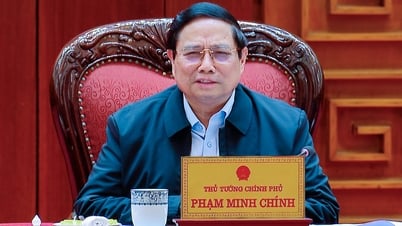



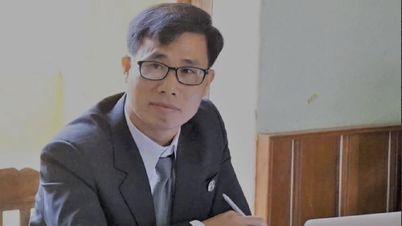


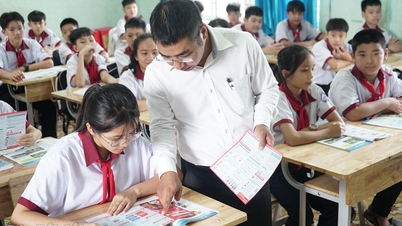








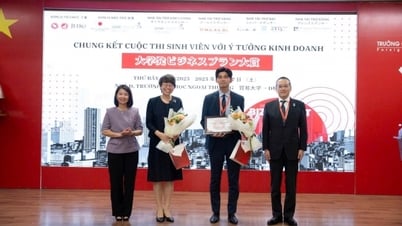
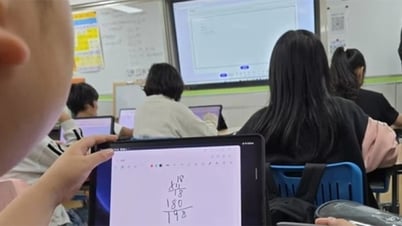
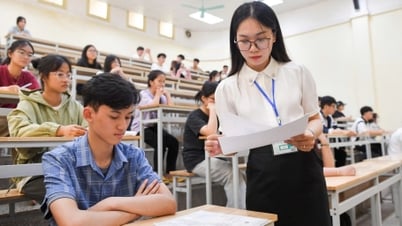
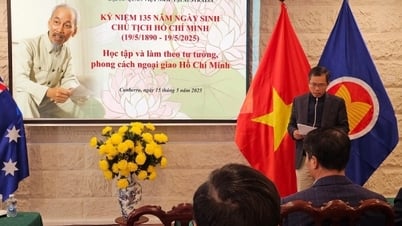
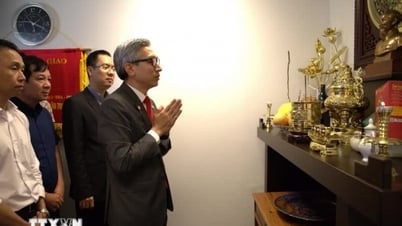
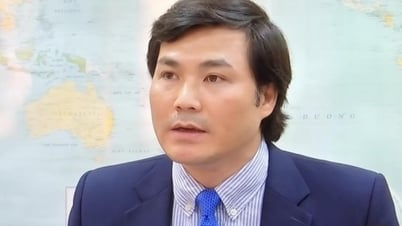
![[Photo] Nearly 3,000 students moved by stories about soldiers](https://vphoto.vietnam.vn/thumb/1200x675/vietnam/resource/IMAGE/2025/5/17/21da57c8241e42438b423eaa37215e0e)




















































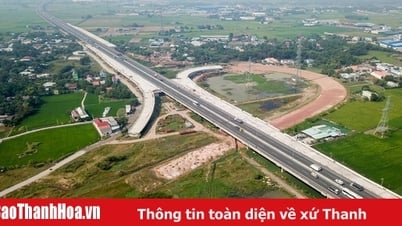

















Comment (0)